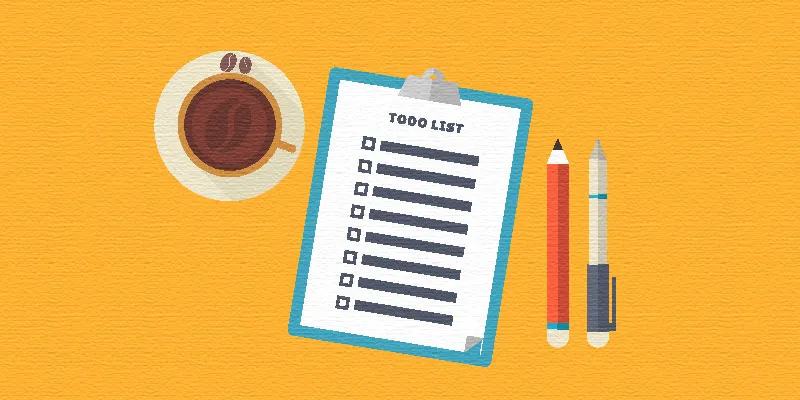Prioritising, not multitasking, is the key to productivity
There is so much literature around about multitasking and its negative impact on our collective IQs, productivity, quality of work, and more. But the one little niggling fact that we seem to overlook very often is that in recent years, it has become increasingly difficult to single-task. Years of badgering - starting from home, school to our workspace - have altered are minds to simultaneously toggle different objectives, making it something our brain recognises as a core trait required to succeed.

Image: Shutterstock
The good thing is that our generation and lifestyles often don’t allow single tasking not just because of work and long commutes. In fact, recent years have seen a returning interest in hobbies and communities outside of work. This is reasonably different from the last generation that dived headfirst into the pursuit of earning money and made work its identity. Hence, this newfound need to multitask is often a result of actively choosing a life of many interests.
The first mantra is to be able differentiate between tasks that allow multitasking and those that do not. Different tasks need different amounts of attention. For instance, a strategy document needs single-minded focus but a global con-call or a coordination task, perhaps not. Once you understand your tasks on the basis of how much attention they need, you can easily use the empty time on your con call to check and respond to emails, or that on your commute to order groceries.
The second most important tool to productively multitask is to religiously and sometimes selfishly prioritize.
A 'to-do' list is your best friend
Before I shut shop each evening, I make a list of the top three tasks for the next day, that need my single-minded attention. This helps me prioritize through the next day and allocate slots with no distractions.
Doing this at the end of the workday helps you list down the tasks while the deliverables are still fresh in your mind. I also recommend listing down these tasks in the order of urgency.
Prioritize unapologetically
Often, single-minded attention to your to-do lists may come in the way of team collaboration. Nothing could be further from the truth. As Randy Pausch, one of the most astute productivity and time management guru put it, “When you get good at time management, you realise that it's a collaborative thing. I want to make everybody more efficient, it's not a selfish thing, it's not me against you, it's: How do we all collectively get more done?”
There is nothing wrong in having clarity about how much time and attention you have for others when you are in the middle of something critical or time-sensitive. Feel free to turn off your phone, instant messaging and email and call notifications during such moments so you can focus on the assignment with no distractions. If the habit of prioritizing and time management rubs off on your team too, you will all get more productive and in the process, have more time for fuller lives.
Differentiate between the urgent and the important
Living a work life where you are constantly fighting against time can be exhausting. So rather than normalizing such situations, you need to learn to differentiate between the urgent and the important. Urgent tasks are time and deadline sensitive. While important tasks are usually not affixed with a stringent deadline.
A task does not become important only when it is urgent. In fact, Stephen Covey popularized this time management and decision making principle in his book, The Seven Habits of Highly Effective People. He says that in order to live more meaningfully and work more productively, it is important to spend the most amount of time on the important tasks. In fact, if you address the important tasks before they become urgent, you will minimize your race against time and the resulting burn out.
The ability to mindfully prioritize is the only way to manage stress and time in our new world of constant communication, connectivity, increased workloads and diverse interests. It helps you do better work and often it is the only way to live full meaningful lives with experiences outside the cubicle. Hardly a difficult choice, is it?
For more time management advice to get you started, read the following –
- Manage your email overload, 2017 style
- Don’t let email come in the way of your productivity
- Multitasking is certainly possible, but only if done right







